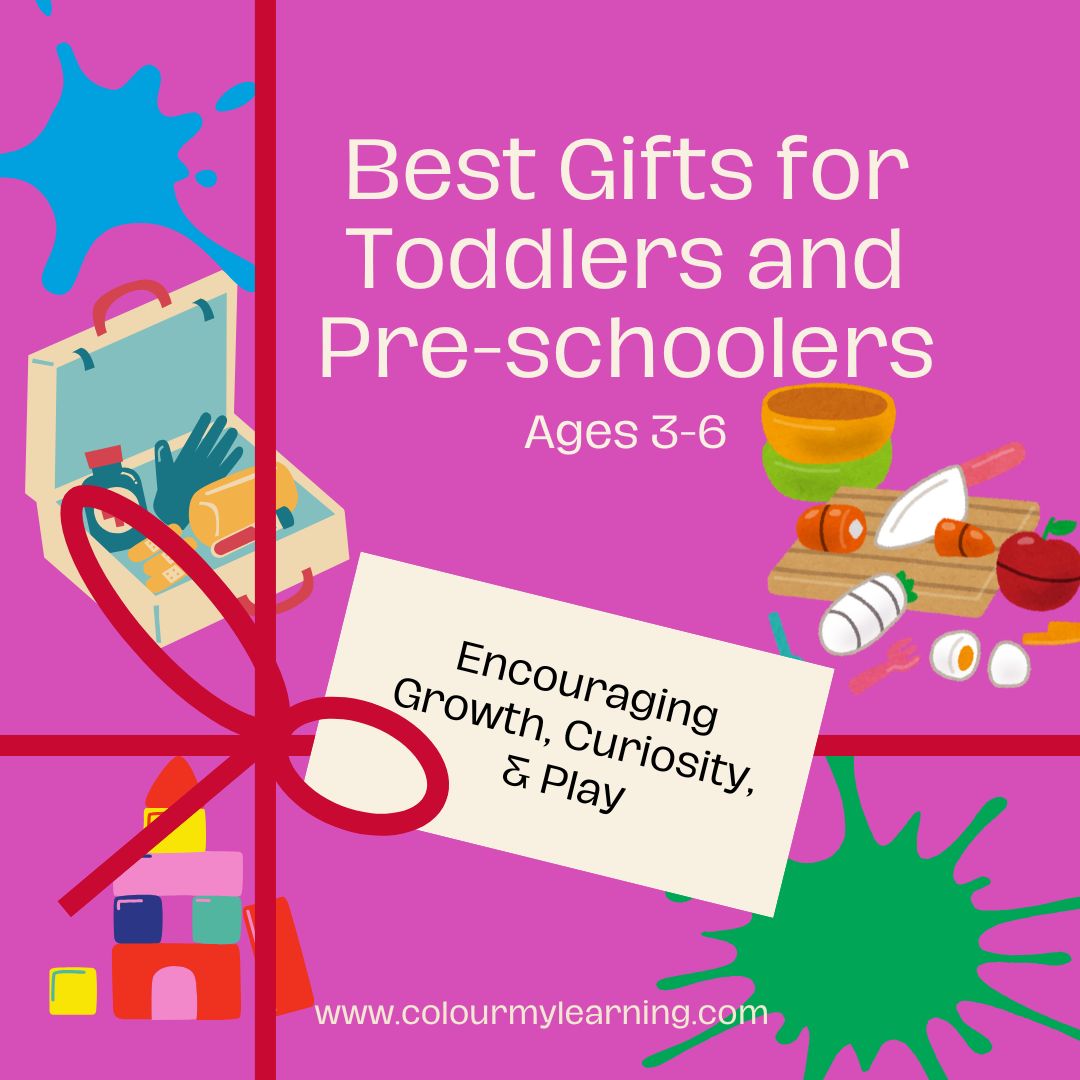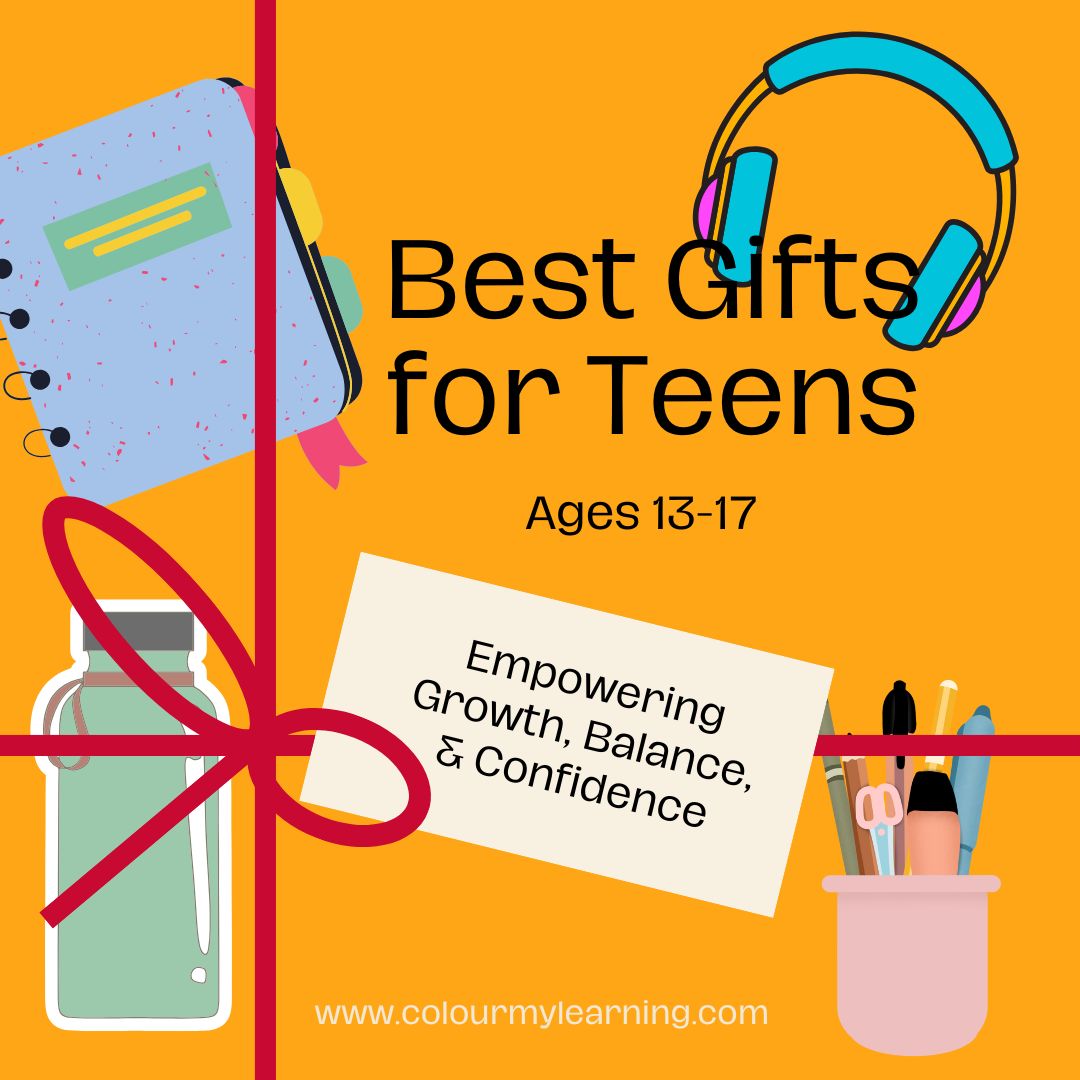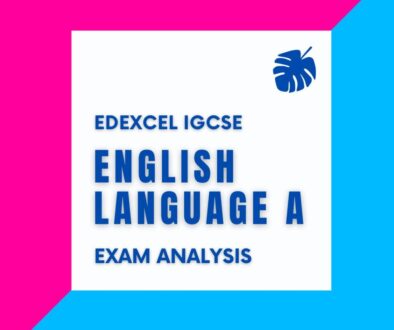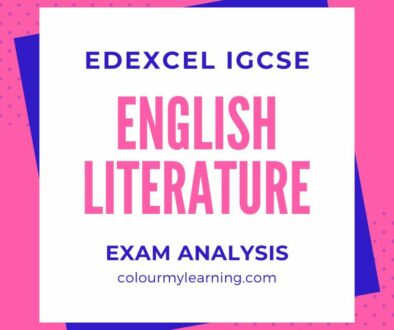Edexcel English Literature IGCSE (4ET1/01) Paper 1 – Past Exam Questions – Unseen Poetry
Section A: Unseen Poetry
In Section A of Paper 1, you have to answer one 20-mark question based on an ‘unseen’ poem. The unseen poem is one that is not derived from the anthology. This 20 mark essay question requires you to explore the meaning and effects created in the poem. The poem will be reproduced in the question paper.
Aim: explore how writers create meaning and effects in a range of seen and unseen poetry.
You will be expected to apply knowledge of poetic form, content and meaning to an unseen poem.
You must:
- demonstrate understanding of how writers create literary effects using, for example, imagery, descriptive skills, language choice, tone and mood, structure and form
- understand and use appropriate literary terminology
- identify and use relevant examples from poems.
Questions will test the following Assessment Objectives:
AO2 Analyse the language, form and structure used by a writer to create meanings and effects.
The question is generally based in the style of:
Question 1 Explore how the writer presents …. in this poem. In your answer you should consider the writer’s:
- descriptive skills
- choice of language
- use of form and sturcture
Support your answer with examples from the poem.
Section B Anthology Poetry Compiled Exam Questions
Anthology Poetry Exam Questions
Section C Modern Prose Compiled Exam Questions
- To Kill a Mockingbird, Harper Lee
- Of Mice and Men, John Steinbeck
- The Whale Rider, Witi Ihimaera
- The Joy Luck Club, Amy Tan
- Things Fall Apart, Chinua Achebe
Related
June 2022
Read the following poem.
Power Failure
Somewhere the storm has severed* a cable, and we
are in darkness. Emergency lines are busy
and the night screams This will last some time
so we scrabble in the cupboards for candles,
woollen jumpers, settle down to weather it out. 5
I try to read by soft flame but it’s no use:
words flicker in and out of shadows at random
and, in any case, the mounting screech of wind
delivering echoes of distant crashes, shatters
my concentration, crams my head with disasters. 10
I prowl the floor, snatch aside the curtain,
peer into shifting blackness to check the car
is still there. You smile at my agitation
and cross to the kitchen for a glass of water.
The sultry* dance of the candle’s flame 15
abandons your face, but as you bend once more
into the spill of light, you are revealed again
in fragments, with a fresh perspective:
a new angle to your jaw, golden sheen
on your cheek, the red in the brown of your hair. 20
These things about you I haven’t seen before.
Ten years are built around us, but each
ordeal we face you surprise me, as new facets
of you, new depths, rise to the light.
*has severed – has cut or has broken
*sultry – passionate, sensual or attractive
Andrew Forster (2007)
Explore how the writer presents the experience of a power failure in this poem. In your answer, you should consider the writer’s:
- descriptive skills
- choice of language
- use of form and structure.
Support your answer with examples from the poem.
June 2022 Resit
Read the following poem.
The Hurt Boy And The Birds
The hurt boy talked to the birds
and fed them the crumbs of his heart.
It was not easy to find the words
for secrets he hid under his skin.
The hurt boy spoke of a bully’s fist 5
that made his face a bruised moon –
his spectacles stamped to ruin.
It was not easy to find the words
for things that nightly hissed
as if his pillow was a hideaway for creepy-crawlies* – 10
the note sent to the girl he fancied
held high in mockery.
But the hurt boy talked to the birds
and their feathers gave him welcome –
Their wings taught him new ways to become. 15
*creepy-crawlies – small insects and spiders
John Agard (2004)
Explore how the writer presents the hurt boy in this poem. In your answer, you should consider the writer’s:
- descriptive skills
- choice of language
- use of form and structure.
Support your answer with examples from the poem.
Jan 2022
Read the following poem.
‘On Turning Ten’
The whole idea of it makes me feel
like I’m coming down with something,
something worse than any stomach ache
or the headaches I get from reading in bad light –
a kind of measles of the spirit, 5
a mumps of the psyche*,
a disfiguring chicken pox of the soul.
You tell me it is too early to be looking back,
but that is because you have forgotten
the perfect simplicity of being one 10
and the beautiful complexity introduced by two.
But I can lie on my bed and remember every digit.
At four I was an Arabian wizard.
I could make myself invisible
by drinking a glass of milk a certain way. 15
At seven I was a soldier, at nine a prince.
But now I am mostly at the window
watching the late afternoon light.
Back then it never fell so solemnly
against the side of my tree house, 20
and my bicycle never leaned against the garage
as it does today,
all the dark blue speed drained out of it.
This is the beginning of sadness, I say to myself,
as I walk through the universe in my sneakers*. 25
It is time to say good-bye to my imaginary friends,
time to turn the first big number.
It seems only yesterday I used to believe
there was nothing under my skin but light.
If you cut me I would shine. 30
But now if I fall upon the sidewalks of life,
I skin my knees. I bleed.
Billy Collins (1995)
Glossary
*psyche – the human mind, soul or spirit *sneakers – trainers
1 Explore how the writer presents reaching the age of ten in this poem. In your answer, you should consider the writer’s:
- descriptive skills
- choice of language
- use of form and structure.
Support your answer with examples from the poem.
Jan 2022 Resit
Brendon Gallacher (for my brother, Maxie)
He was seven and I was six, my Brendon Gallacher.
He was Irish and I was Scottish, my Brendon Gallacher.
His father was in prison; he was a cat burglar*.
My father was a communist party full-time worker.
He had six brothers and I had one, my Brendon Gallacher. 5
He would hold my hand and take me by the river
Where we’d talk all about his family being poor.
He’d get his mum out of Glasgow when he got older.
A wee* holiday some place nice. Some place far.
I’d tell my mum about Brendon Gallacher. 10
How his mum drank and his daddy was a cat burglar.
And she’d say, ‘Why not have him round to dinner?’
No, no, I’d say, he’s got big holes in his trousers.
I like meeting him by the burn* in the open air.
Then one day after we’d been friends for two years, 15
One day when it was pouring and I was indoors,
My mum says to me, ‘I was talking to Mrs Moir
Who lives next door to your Brendon Gallacher
Didn’t you say his address was 24 Novar?
She says there are no Gallachers at 24 Novar 20
There never have been any Gallachers next door.’
And he died then, my Brendon Gallacher,
Flat out on my bedroom floor, his spiky hair,
His impish grin, his funny flapping ear.
Oh Brendon, oh my Brendon Gallacher. 25
Jackie Kay (1994)
Glossary
*cat burglar – a thief who climbs buildings to gain entry
*wee – small (Scottish colloquialism/dialect)
*burn – a small river or stream (Scottish colloquialism/dialect)
1 Explore how the writer presents Brendon Gallacher in this poem. In your answer, you should consider the writer’s:
- descriptive skills
- choice of language
- use of form and structure.
Support your answer with examples from the poem.
Nov 2021
Read the following poem.
Slow Reader
He can make sculptures
And fabulous machines
Invent games, tell jokes
Give solemn, adult advice
But he is slow to read. 5
When I take him on my knee
With his Ladybird book*
He gazes into the air
Sighing and shaking his head
Like an old man 10
Who knows the mountains
Are impassable.
He toys with words
Letting them grow cold
As gristly* meat 15
Until I relent
And let him wriggle free –
A fish returning
To its element
Or a white-eyed colt* 20
Shying from the bit*
As if he sees
That if he takes it
In his mouth
He’ll never run 25
Quite free again.
Vicki Feaver (1981)
Glossary
*Ladybird book – a popular series of books for children *gristly – chewy or hard to digest
*colt – a young horse
*bit – the part of a horse’s harness that fits in the mouth
1 Explore how the writer presents a child who is slow at learning to read in this poem. In your answer, you should consider the writer’s:
- descriptive skills
- choice of language
- use of form and structure.
Support your answer with examples from the poem.
May 2021
Read the following poem.
Poem For My Sister
My little sister likes to try my shoes,
to strut in them,
admire her spindle-thin* twelve-year-old legs
in this season’s styles.
She says they fit her perfectly, 5
but wobbles
on their high heels, they’re
hard to balance.
I like to watch my little sister
playing hopscotch*, admire the neat hops-and-skips of her, 10
their quick peck,
never-missing their mark, not
over-stepping the line.
She is competent at peever*.
I try to warn my little sister 15
about unsuitable shoes,
point out my own distorted feet, the callouses*,
odd patches of hard skin.
I should not like to see her in my shoes.
I wish she should stay sure footed,
sensibly shod. 20
Liz Lochhead (1981)
Glossary
*spindle-thin – a spindle is a very thin piece of wood or metal, often used for holding and twisting thread
*hopscotch – a playground game where children hop on numbered squares drawn on the ground
*peever – another word for hopscotch. The word derives from the stone or marker used in the game
*callouses – hard, thickened skin
1 Explore how the writer presents the narrator and her sister in this poem. In your answer, you should consider the writer’s:
- descriptive skills
- choice of language
- use of form and structure.
Support your answer with examples from the poem.
Nov 2020
Read the following poem.
Friday
We are driving home.
Work is over, the weekend ours
like a gift voucher
to spend as we feel inclined.
We pass the armed guard 5
of whitethorn*, the guard
of honour of poplars*,
until our favourite
half-mile stretch
where a canopy of branches 10
spans the road
like a triumphal arch.
Our car tunnels into
this leafy underpass,
entering its funnel, 15
its decompression chamber*.
Sheep are shearing fields;
lambs bound like woolly dogs
just released from the leash.
We have squeezed through 20
the filter of trees
and now, renewed, detoxified*,
we are on the downward
slope towards home.
Dennis O’Driscoll (1999)
Glossary
*whitethorn – a type of bushy tree
*poplars – tall, slender trees
*decompression chamber – a room used by deep sea divers to relieve the effects of pressure and stress
*detoxified – made pure or clean
Explore how the writer presents a journey home in this poem. In your answer, you should consider the writer’s:
- descriptive skills
- choice of language
- use of form and structure.
Support your answer with examples from the poem.
Nov 2020 Resit
Read the following poem.
To Our Daughter
And she is beautiful, our daughter.
Only six months, but a person.
She turns to look at everything, out walking.
All so precious. I mustn’t disturb it with words.
People are like great clowns, 5
Blossom like balloons, black pigeons like eagles,
Water beyond belief.
She holds out her hand to air,
Sea, sky, wind, sun, movement, stillness,
And wants to hold them all. 10
My finger is her earth connection, me, and earth.
Her head is like an apple, or an egg.
Skin stretched fine over a strong casing,
Her whole being developing from within
And from without*: the answer. 15
And she sings, long notes from the belly or the throat,
Her legs kick her feet up to her nose,
She rests – laid still like a large rose.
She is our child,
The world is not hers, she has to win it.
Jennifer Armitage (1982)
*without – outside
Explore how the writer presents the parent’s thoughts about the daughter in this poem.
In your answer, you should consider the writer’s:
- descriptive skills
- choice of language
- use of form and structure.
Support your answer with examples from the poem.
Jan 2020
Read the following poem.
The Concerned Adolescent
Our planet spins around the sun
in its oval-shaped orbit
like a moth circling a bright, hot, golden-yellow
lightbulb.
Look at this beautiful, lovely 5
blue and green and white jewel
shining against the dark black sky.
It is doomed.
On another planet somewhere far away in the
galaxy 10
beings are discussing the problems of Earth.
‘It is a wonderful world,’ says their leader,
‘It has roaring oceans filled with many kinds of
fishes,
It has green meadows bedecked with white and 15
yellow flowers,
Its trees have twisting roots and fruitful, abundant
branches.
But it is doomed.
‘The problem with this lovely, beautiful world, you 20
see,
Is the inhabitants, known as HUMAN BEINGS.
Human beings will not live in peace and love
and care little for the helpless creatures who share
the planet with them. 25
They pollute the world, they kill and eat the
animals.
Everywhere there is blood and the stench of death.
Human beings make war and hate one another.
They do not understand their young, they reject 30
their ideals,
they make them come home early from the disco.
They are doomed.’
Soon a great explosion, a terrible cloud
will wipe out all the life on this planet, 35
including those people who do not see how
important my poem is.
They are certainly doomed.
Wendy Cope (1992)
Explore how the writer presents concerns for planet Earth in this poem. In your answer, you should consider the writer’s:
- descriptive skills
- choice of language
- use of form and structure.
Support your answer with examples from the poem.
Jan 2020 Resit
Read the following poem.
Careful With That, You Might Break It (an alien’s view of planet Earth)
See what I’ve found.
Oh be careful with that*,
it’s so delicate, it could easily break.
If you take it in your hands gently
you can hold it 5
close up to your eyes.
It’s a bit hazy on the outside,
but if you wait for it to turn,
here and there you can see right through
and then you’ll be really amazed! 10
Gently now, even though it looks solid enough,
you’d be surprised at just how flimsy it is.
Look there. Can you see the big blue bits?
I remember being so fascinated with them
that I wanted to touch them. 15
But you’re not allowed to do that.
If you did, The High* says you might damage it
because there’s some protective coating*
or gas or something surrounding the whole thing
and if that gets damaged, it could be serious.
What do you suppose the green bits are?20
That’s it, just let it rest in your palm.
Watch how it spins of its own accord.
Have you spotted the brown areas?
No, you mustn’t touch the little white thing* 25
going round it, The High says it’s very important too,
a force or influence or balance perhaps.
Let’s leave it now, careful, don’t forget it’s so very fragile.
Its name?
The High calls it Earth.
Some say it’s a sad place. 30
John Rice (2006)
*be careful with that – referring to planet Earth
*The High – a ruler of the inhabitants of another planet *protective coating – the ozone layer
*the little white thing – the moon
Explore how the writer presents an alien’s view of planet Earth in this poem. In your answer, you should consider the writer’s:
- descriptive skills
- choice of language
- use of form and structure.
Support your answer with examples from the poem.
May 2019 Paper 1
Read the following poem.
A Cottage in the Lane
Whatever tragedies occurred in that house
Where finally she lived out her life alone,
No one knew or cared, least of all
Those who thought the place was theirs:
The squirrels nesting in the roof, 5
The mice in the cellar, and in the eaves*
The birds that came each spring
And nested there, and sang
A song as pure as the rain-washed air.
How full her mind was, or how blank, 10
How rich she was or how poor
Was to them of no concern.
For all they knew the house was theirs,
So quietly had she lived in one small room.
An electric fire, a lamp, 15 And no desire to be elsewhere.
Now that the ghost-in-waiting she became
Has finally evaporated into the air,
The For Sale board’s gone up,
A flag of surrender nailed against the cottage wall. 20
And the squirrels, the mice, the birds,
And all the rest who thought the place was theirs
Will soon move on. It’s either that or else
Be caught in a pest-controller’s snare.
Change is in the air. 25 Rich, green-wellied* weekenders
Prowl through the undergrowth where once
A dynasty* of toads held court.
The place will soon be bought.
Brian Patten (2007)
Glossary
*eaves – the edge of a roof
*green-wellied – green waterproof Wellington boots *dynasty – generations of powerful rulers or leaders
Explore how the writer presents the cottage and its inhabitants in this poem. In your answer, you should consider the writer’s:
- descriptive skills
- choice of language
- use of form and structure.
Support your answer with examples from the poem.
May 2019 Paper 1 Resit
My Box
My box is made of golden oak,
my lover’s gift to me.
He fitted hinges and a lock
of brass and a bright key.
He made it out of winter nights, 5
sanded and oiled and planed*,
engraved inside the heavy lid
in brass, a golden tree.
In my box are twelve black books
where I have written down 10
how we have sanded, oiled and planed,
planted a garden, built a wall,
seen jays and goldcrests, rare red kites*,
found the wild heartsease*, drilled a well,
harvested* apples and words and days 15
and planted a golden tree.
On an open shelf I keep my box.
Its key is in the lock.
I leave it there for you to read,
or them, when we are dead,
how everything is slowly made,
how slowly things made me,
a tree, a lover, words, a box,
books and a golden tree.
Gillian Clarke (1989)
*planed – made smooth
*jays and goldcrests, rare red kites – types of birds
*heartsease – a type of wild flower
*harvested – gathered in
Explore how the writer presents the box and its contents in this poem. In your answer, you should consider the writer’s:
- descriptive skills
- choice of language
- use of form and structure.
Support your answer with examples from the poem.
Jan 2019 Paper 1
Read the following poem.
Mum Dad and Me
My parents grew among palmtrees,
in sunshine strong and clear.
I grow in weather that’s pale,
misty, watery or plain cold,
around back streets of London. 5
Dad swam in warm sea, at my age.
I swim in a roofed pool.
Mum – she still doesn’t swim.
Mum went to an open village market
at my age. I go to a covered 10
arcade one with her now.
Dad works most Saturdays.
At my age Dad played
cricket with friends.
Mum helped her mum, or talked 15
shouting halfway up a hill.
Now I read or talk on the phone.
With her friends Mum’s mum washed
clothes on a river-stone. Now
washing-machine washes our clothes. 20
We save time to eat to TV,
never speaking.
My dad longed for a freedom in Jamaica.
I want greater freedom.
Mum prays for us, always. 25
Mum goes to church
some evenings and Sundays.
I go to the library.
Dad goes for his darts at the local*.
Mum walked everywhere, at my age. 30
Dad rode a donkey.
Now I take a bus
or catch the underground train.
James Berry (1988)
*darts at the local – a game played at a local bar
Explore how the writer presents the family in this poem. In your answer, you should consider the writer’s:
- descriptive skills
- choice of language
- use of form and structure.
Support your answer with examples from the poem.
Jan 2019 Paper 1 Resit
Read the following poem.
One
Only one of me
and nobody can get a second one
from a photocopy machine.
Nobody has the fingerprints I have.
Nobody can cry my tears, or laugh my laugh 5
or have my expectancy when I wait.
But anybody can mimic my dance with my dog.
Anybody can howl how I sing out of tune.
And mirrors can show me multiplied
many times, say, dressed up in red
or dressed up in grey.
Nobody can get into my clothes for me
or feel my fall for me, or do my running.
Nobody hears my music for me, either.
I am just this one.
Nobody else makes the words
I shape with sound, when I talk.
But anybody can act how I stutter in a rage.
Anybody can copy echoes I make.
And mirrors show me multiplied
many times, say, dressed up in green
or dressed up in blue.
James Berry (1988)
Explore how the writer presents the speaker in the poem as an individual. In your answer, you should consider the writer’s:
- descriptive skills
- choice of language
- use of form and structure.
Support your answer with examples from the poem.













